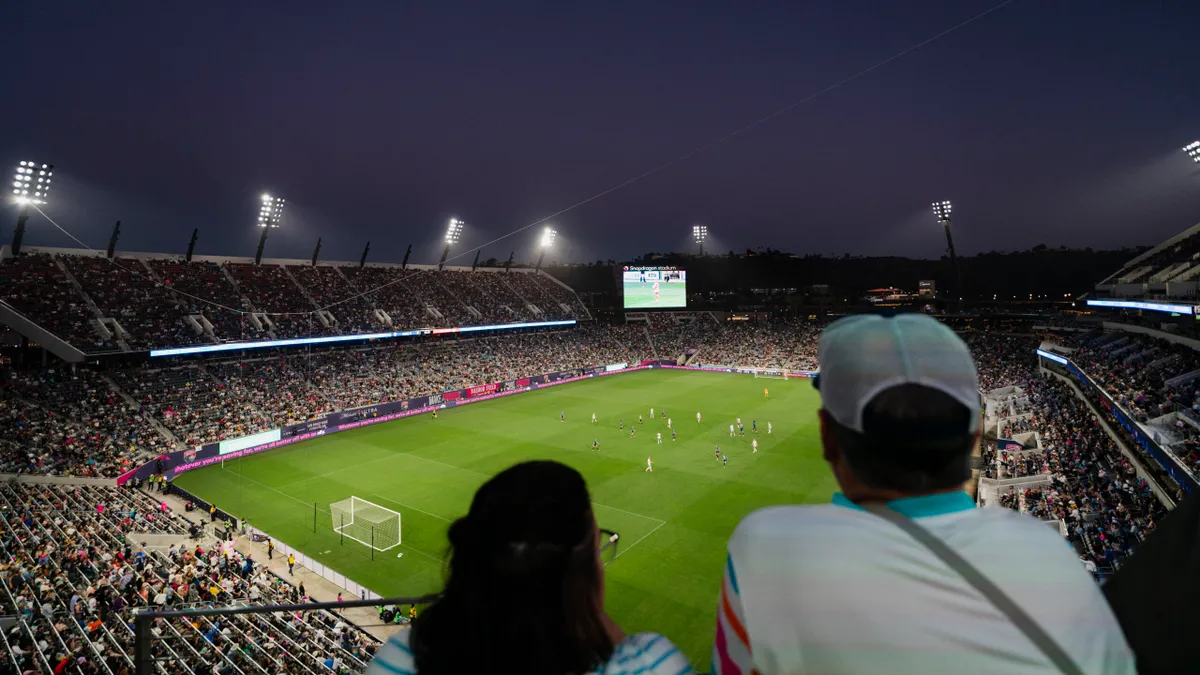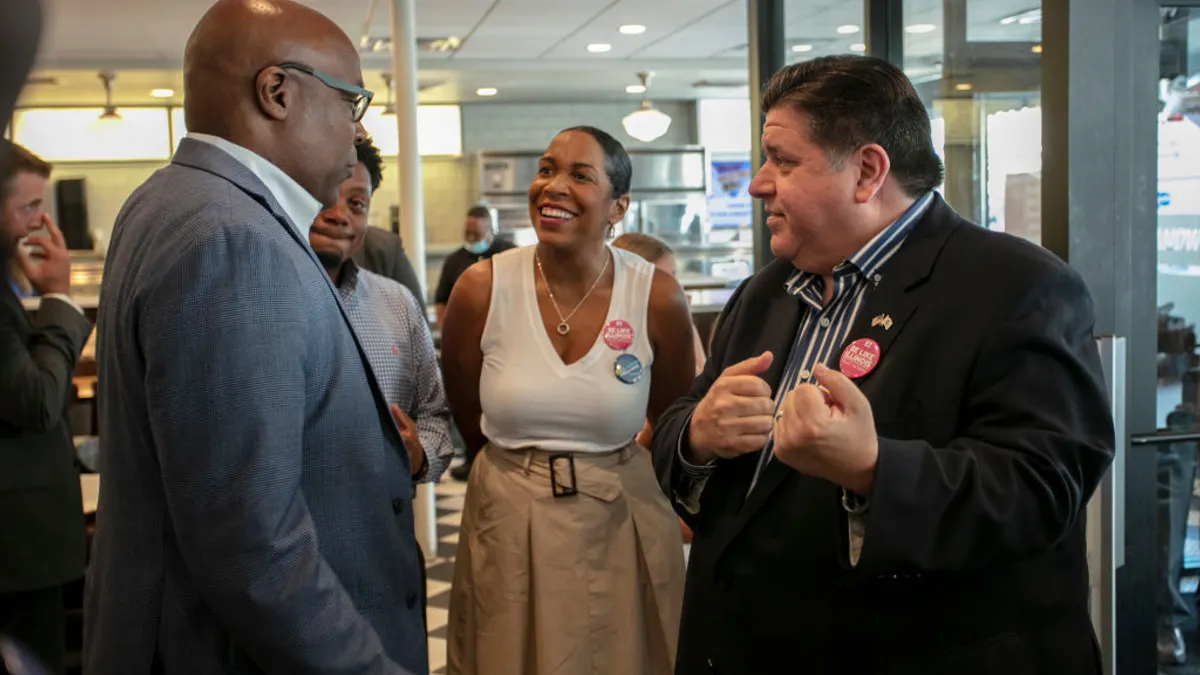Top management for the San Diego Wave Futbol Club allegedly fostered a hostile and discriminatory work environment for female and Latina employees, the women claimed in an Oct. 7 lawsuit against the soccer club and the National Women’s Soccer League (Alvarado v. Soccer Women’s Team Co. d/b/a San Diego Wave Futbol Club).
The complaint also alleged the employer fired or forced the resignations of five former employees after they engaged in protected activity, and that the Wave repeatedly failed to address complaints that the plaintiffs were being professionally undermined and denied opportunities provided White male employees.
Additionally, the NWSL, the club’s governing body, received multiple reports about the Wave’s allegedly “abusive and toxic workplace culture,” the lawsuit said. But it failed to properly address these issues, “allowing the behavior to continue to fester,” according to the complaint.
These actions violated California law prohibiting race, gender and disability discrimination and retaliation, the lawsuit alleged.
In an email to HR Dive, a spokesperson for the Wave said the “lawsuit concerns allegations initially raised on July 3, 2024. As this matter is an ongoing legal proceeding, we are unable to comment further at this time.”
The allegations first came in social media posts from the lead plaintiff, which led Wave president Jill Ellis to sue the worker for defamation.
EEOC best practices
Nearly a decade ago — before the dramatic rise and recent fall of support for DEI initiatives — the U.S. Equal Employment Opportunity Commission convened a special task force to look into workplace harassment.
The task force report, issued in 2016, came to two fundamental conclusions. “First, across the board, we heard that leadership and commitment to a diverse, inclusive and respectful workplace in which harassment is simply not acceptable is paramount,” task force members wrote.
Second, “at all levels, across all positions, an organization must have systems in place that hold employees accountable for this expectation,” the report said.
These systems — which include reporting mechanisms, investigation protocols and prohibitions against retaliation — are covered in various EEOC documents, most comprehensively in an April 2024 update.
Wave allegations
The lead plaintiff in the Wave case alleged she was recruited to serve as the team’s video and creative manager, and was told she would have autonomy over her equipment budget and tools. Instead, she was excluded from budget and hiring decisions, forced to use inferior equipment and criticized over the outcomes, according to the complaint.
She developed severe anxiety and depression and asked to be accommodated with either a quiet space to work or be allowed to edit videos at home, the lawsuit alleged. However, management allegedly failed to engage in good faith discussions regarding the request, placed her on unpaid leave and then threatened to treat her absence as a voluntary resignation unless she returned to work immediately.
The circumstances forced her to resign, the complaint alleged.
A second plaintiff was fired immediately after using an accrued sick day to care for her sick daughter, according to the complaint.
Several months after a third plaintiff was hired, the Wave’s president allegedly confronted her about her living arrangements. She had been staying with a co-worker or at a hotel because of the high cost of rent in the area, the complaint alleged.
The Wave’s president allegedly said this was “embarrassing” and pressured her to find permanent housing within a week. She was later terminated.
A fourth plaintiff claimed that the club’s president inappropriately asked about her immigration status and why she didn’t want the Wave to sponsor her.
She also alleged that when she returned from a trip to Mexico to visit sick grandparents, management, particularly her supervisor, became aggressive and caused her mental health to suffer. When she spoke to the Wave’s VP of people and culture about it, she was told to talk to her supervisor. She resigned a short time later.
A fifth plaintiff was allegedly sexually assaulted by a male co-worker following a work-related outing and harassed by the same employee for nearly a year. When she complained, she allegedly was place on leave and fired. The employee also said she reported the assault to NWSL after her termination, but it allegedly said it was not obligated to take action because of how she reported it.




















